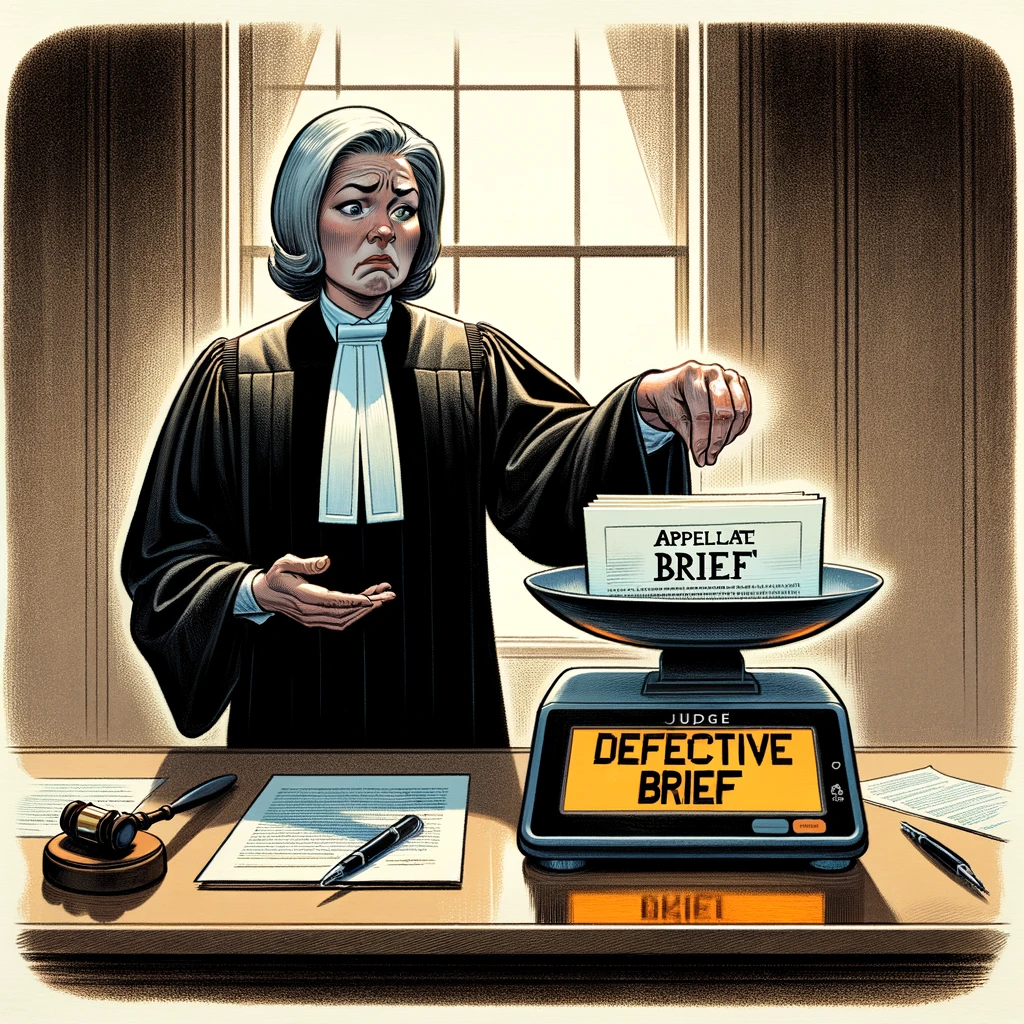
In motions for summary judgment, the separate statement is a very important document because the trial judge uses it as a roadmap to the evidence. But on appeal, the court uses a different roadmap to the evidence: your brief. And if your brief just cites to the separate statement—or worse, merely to the trial court brief citing to it—then all you’ve given the court is a roadmap that leads to another roadmap. And the court does not want that.
This recursive roadmapping problem in Rodriguez v. Stantru Res. (D4d2 Sep. 6, 2024) No. E080653 (nonpub. opn.) led to forfeiture. The plaintiff argued on appeal that summary judgment was not improper because there were triable issues on her wrongful termination claims. But the court observed that all of her citations were to her opposition in the trial court, which in turn cited to her separate statement. This won’t do because briefs are not evidence.
"Citing points and authorities filed in the trial court is not appropriate support for factual assertions in a brief. Points and authorities are not presented under penalty of perjury. Matters set forth in points and authorities are not evidence." (Alki Partners, LP v. DB Fund Services, LLC (2016) 4 Cal.App.5th 574, 590.)
And separate statements aren’t either. (Jackson v. County of Los Angeles (1997) 60 Cal.App.4th 171, 178, fn. 4.)
But the appellant did give a strong hint where the Court of Appeal could find the evidence. Isn’t that enough? Answer: Depends on your court. This court thought not, stating “We are not obliged to search the record unguided,” citing Meridian Financial Services, Inc. v. Phan (2021) 67 Cal.App.5th 657, 684.)
Could the appellant have cured the defect in the reply brief? The court pointed out that she made no effort to do so. But then the court suggested that it might not even have mattered: “Fairness militates against allowing an appellant to raise an issue for the first time in a reply brief…." (American Indian Model Schools v. Oakland Unified School Dist. (2014) 227 Cal.App.4th 258, 276.) And the reasoning applies equally to citation of evidence for the first time in the reply brief. (Los Angeles Unified School District v. Torres Construction Corp. (2020) 57 Cal.App.5th 480, 510.)
Takeaway: In your appeal from a summary judgment, cite to both the evidence and the separate statement. The evidence is all-important, but the court also needs to know that you appropriately signposted that evidence with an appropriate separate statement.